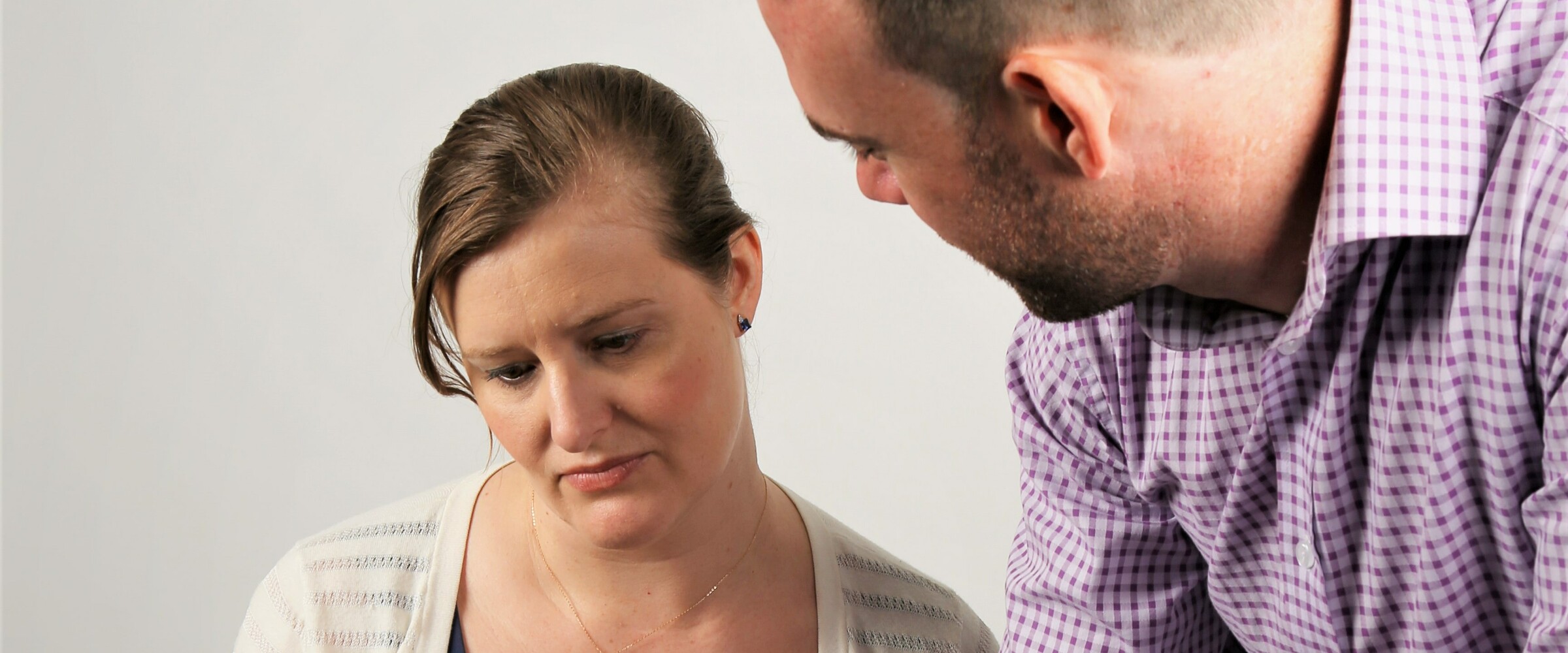
Who can help if we’re not getting pregnant?
If you’re struggling to conceive, it may give you some hope to know that Australians have good access to medical advice and assistance in relation to fertility. With 1 in 6 couples experiencing some difficulties when trying to fall pregnant, it helps to understand who you can turn to and how they are likely to approach your situation.
As you consider your next step, the most important factor to take into account is a woman’s age. As more women and couples delay parenthood until later in life, medical professionals recommend that if you are nearing your late 30’s or in your early 40’s, you should consider getting advice sooner rather than later.
First, talk to your GP
Each year, Australian GPs consult with almost 90% of the population. They are often the first point of contact for anyone wishing to conceive as they will carry out many of your pre-pregnancy screening tests, recommended three months before you start trying for a baby. These tests include ensuring your vaccinations and pap smear are up to date, and screening tests for infectious diseases.
GPs also play an important role in the preliminary investigations if you’re struggling to get pregnant, and in particular, if you have been trying for over 12 months (or after just six months if you’re 35+). For example, your GP will typically make an initial assessment based on how long you’ve been trying to conceive, the length of your menstrual cycle, pregnancy history, determine ovulation and order a semen analysis for your partner. GPs may even recommend some lifestyle changes, such as dietary changes and exercising, in particular if your BMI exceeds the recommended range.
If your GP determines that your situation warrants further investigation, they will suggest a referral to a specialist.
Seeing your gynaecologist
By their 30’s many women have already seen a gynaecologist for a range of issues, so it’s natural that if you are experiencing a delay in conception, you may feel most comfortable talking to your gynaecologist about this.
In relation to fertility, gynaecologists most commonly help with investigations and simple assisted reproductive treatments such as Ovulation Induction (e.g. Clomid). However, if you have been trying unsuccessfully for over a year or for any of the more advanced assisted reproductive treatment options, a referral to a fertility specialist may be advised.
When to see a Fertility Specialist
A fertility specialist has specialist training in gynaecology and obstetrics followed by further study in reproductive endocrinology and infertility. This typically takes another three years of training, making them experts in understanding infertility and fertility treatments including IVF.
Fertility specialists can offer a complete range of fertility tests and treatments – for both men and women. Your GP is likely to refer you to a fertility specialist for most fertility concerns including if there is no obvious reason for the delay in conception, if the female partner is in her mid-30’s or older, if the female partner has experienced a reproductive issue previously (such as PCOS or blocked fallopian tubes), and if there is a genetic condition in the family that you are wishing to avoid passing on.
What to expect at your first fertility specialist appointment?
At your first appointment with a fertility specialist, he or she will review your medical history, the results of any previous tests you’ve had done, and arrange more advanced investigations for you and your partner. It is helpful for both the female and male partners to attend this first appointment so that you can be assessed together, ask questions and both understand the options available.
For women, extra tests may include a vaginal ultrasound, a test to check your fallopian tubes are not blocked (ultrasound assessment of tubal patency) or a laparoscopy to look for conditions such as endometriosis. For men, this will likely involve a semen analysis.
Your fertility specialist will discuss the tests that are appropriate to your situation.
A tailored pathway to pregnancy
The results of all these tests will help guide your fertility specialist to develop a recommended plan of action. These options may range from ovulation cycle tracking, ovulation induction and intrauterine insemination (IUI) to IVF and ICSI. Most major fertility clinics can also provide access to pre-implantation genetic screening (PGS) as well as comprehensive donor programs. Your fertility specialist will be able to co-ordinate the most appropriate treatment for you and you will see them regularly throughout your treatment.
The important thing to remember is that your fertility specialist is best placed to provide you with answers and options, and support you on your path to parenthood.
Find out more:Fertility Specialists in QLD, Fertility Specialists in NSW, Fertility Specialists in VIC, Fertility Specialists in TAS, Fertility Specialists in Singapore
